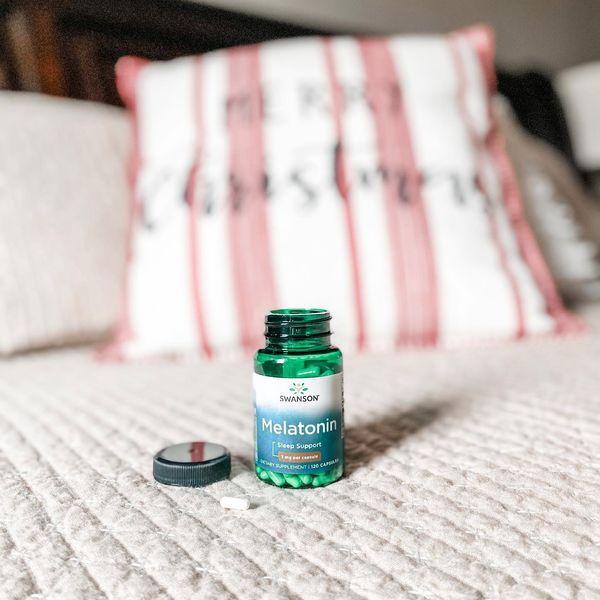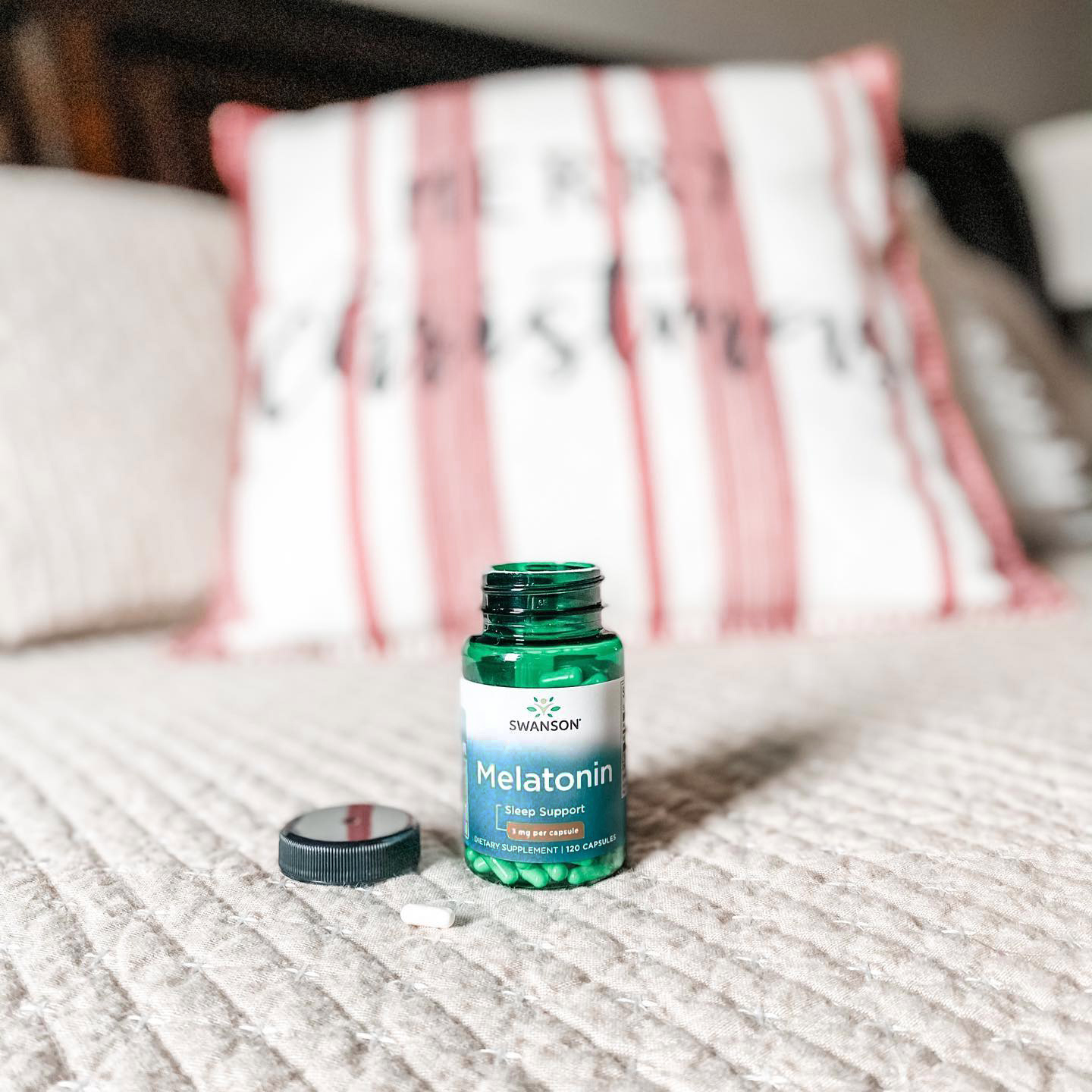As popular as melatonin is today, it’s hard to believe this natural hormone produced in your pineal gland was only discovered in the 1950s. Even more surprising, melatonin supplements weren’t developed until the mid-90s. Yet, in just a little over 20 years, this seemingly side effect free gift from the sleep gods has become one of the most well-known supplements on the shelves.
What is Melatonin?
Melatonin is a naturally occurring chemical produced by the brain. Its main function is to regulate your body’s natural sleep cycle. The pineal gland uses natural sunlight as a trigger for its release—when dusk sets in, the pineal gland begins to release melatonin into your bloodstream, which relaxes your body and signals that it’s time to sleep. When the sun comes up, melatonin production slows and your body naturally begins to wake up.
Melatonin supplements have become a favorite among shift workers, world travelers and older adults, each of whom have unique sleep challenges. For the shift worker, supplemental melatonin can help trigger sleep during the day when the sun is still out. For the traveler, jet lag can be countered with supplemental melatonin and help the body reset to a new time zone. For the older adult whose natural melatonin production has decreased with age, synthetic melatonin can supplement the body’s decreased production.
Does Melatonin Have Side Effects? Can You Overdose?
Perhaps the biggest reason why melatonin has become so popular is because it is “natural” (melatonin supplements are produced synthetically). Melatonin has a reputation—not entirely earned—of being safe. And for the most part, that’s true. But there are some cautionary tales and warnings to be aware of before you add melatonin to your next order.
While the threat of a true overdose is not realistic, you can take too much melatonin… and too often. Back in 2001, researchers at MIT concluded that a sufficient dosage for melatonin falls between .3 mg and 1 mg. If you talk to your doctor, you’ll likely hear a similar recommendation, with 1 mg being a pretty standard dose to start off with until you know how your body will respond.
However, supplemental melatonin is available in much higher doses, tempting those who live by the “more is better” motto to take more than their body needs. With melatonin supplements, experience has taught us—and science has backed this up—that the “less is more” approach is not only appropriate, but much more effective.
Dr. Richard Wurtman, the MIT scientist whose lab first developed melatonin supplements, has always cautioned against “overdosing” on melatonin. “With some hormones, if you take too much, you can really put your body in danger,” said Dr. Wurtman. “With melatonin, you’re not in danger, but you’re also not very comfortable. It won’t kill you, but it’ll make your life pretty miserable.”
Side Effects of Too Much Melatonin:
- Next-day drowsiness—despite what you may have heard, taking too much melatonin can result in feeling sluggish the next morning.
- Melatonin for kids—because it is a hormone, side effects in children may be more problematic than in adults, potentially affecting puberty, disrupting menstruation or impeding natural development during adolescence.
- Hypothermia—with the natural release of melatonin comes a natural decrease in body temperature, so going overboard can exacerbate that natural effect.
- Pregnancy & breastfeeding—women who are pregnant or breastfeeding are not advised to use melatonin supplements because not enough is known about potential effects. However, it is known that melatonin may affect ovulation, making it harder to become pregnant.
- Heart Disease—people suffering from diabetes or high blood pressure should consult their doctor before taking supplemental melatonin, as it can increase blood sugar in diabetics and raise blood pressure in people who take certain blood pressure medications.
- Depression—melatonin can worsen symptoms of depression or bring about short-term feelings of depression.
- Long-term Use—while WebMD acknowledges that melatonin “has been used safely for up to two years,” such steady, long-term use is not encouraged. Over time, your brain and body can become desensitized to both the synthetic, supplemental melatonin, as well as your naturally produced melatonin. In this case, the pill you take to help you sleep will actually start to work against you.
It’s important to talk to your doctor before beginning any new dietary supplement. That said, melatonin still ranks as one of the safest supplements on the market if used properly. The best advice is to start low and go slow. In other words, don’t immediately go for the highest dose you can find. Ultimately, the low 1 mg pill might be just what your tired body needs.




